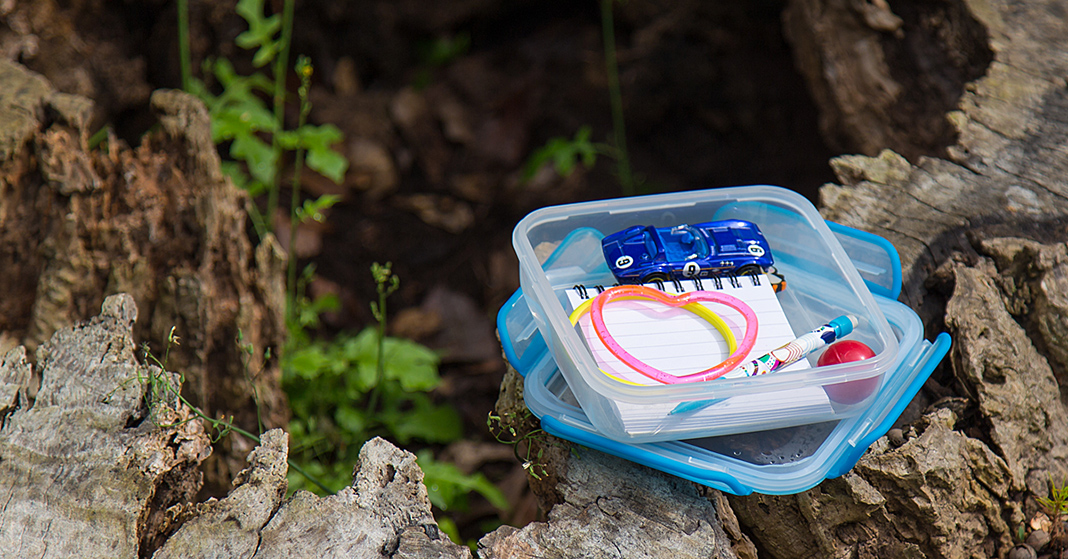
Clutter stifles. It cuts off creativity, productivity, and efficiency. If you have to climb over math manipulatives and a life-sized cardboard Civil War cannon just to get to that microscope for today’s science lesson, you know it’s time to purge, cleanse, spring clean, and get some fresh air into your homeschool room.
In similar ways, spiritual clutter stifles spirituality. “Cleanse first that which is within the cup and platter, that the outside of them may be clean also” (Matthew 23:26). Thus, decluttering my homeschool room begins inside out. I need to be right with God, so that I can apply the principles I learn from Him to how I organize my life.
So, how do I declutter both inside and outside? Sweep. Stabilize. Shed.
Sweep
Sweep spiritually. The Word of God cleanses us from within. To be a “vessel unto honour, sanctified, and meet for the master’s use, and prepared unto every good work” (2 Timothy 2:20–21), I must have a teachable spirit. I set aside a daily quiet time to study God’s Word and draw closer to Him.
Sweep spatially. I start with an empty room. I clear out everything in the room, and then put back only what we need. Since I homeschool in multipurpose spaces, it’s necessary for our family room to be a functional room after we finish homeschooling for the day so that we can eat at our dining table without leaning over stacks of books.
Stabilize
Stabilize spiritually. Sanctification is a continual process (Romans 12:1). I surrender myself to the Lord so that He can sanctify me for service as wife, mother, teacher, and worker. I learn to abide in Christ.
Stabilize spatially. I keep only essentials in my homeschool room. Everything else goes behind doors or under lids. Yardsale bookcases and large containers are cost-effective storage solutions, as are the more expensive options of creating closets by closing off part of a room with louvered doors or installing shelves on empty walls above windows. Don’t be afraid to ask for suggestions from organized moms.
Shed
Shed spiritually. Encumbrances hinder us from running the race well (Hebrews 12:1). I must pay attention to what influences my family. The movies we watch, music we listen to, and library books we read can have a huge effect on my family. How are we pleasing or not pleasing the Lord? It’s not enough to have a Christian curriculum if we don’t live out our testimony before and after learning.
Shed spatially. Semiannually, my family fills up a box to give away. Inside the box are things that we don’t use that are still in good condition.
Yearly, I let go of children’s furniture we have outgrown. I have to be brutal about what not to keep, but at the same time I pray for wisdom lest I give away what I would use next year. Limited spaces can be a blessing, preventing me from accumulating things I don’t need.
I remind my family and myself to clean up as we go. Whatever can be picked up now, must be picked up now. Deferring tasks to a more convenient time means multiplying the mess. Children can be taught to put away toys before taking out the next set. Likewise, putting dishes incrementally in the dishwasher and doing laundry before it runneth over are practical ways to prevent clutter and distribute the workload.
On a spiritual level, whatever the Lord has called us to do now should not be postponed. We have a limited time to serve Him on earth. “Let all things be done decently and in order” (1 Corinthians 14:40).
In everything we do, let’s work efficiently for the Lord.
• • • • •
Written by Jan Thompson


 Discovery . . . or Not
Discovery . . . or Not
